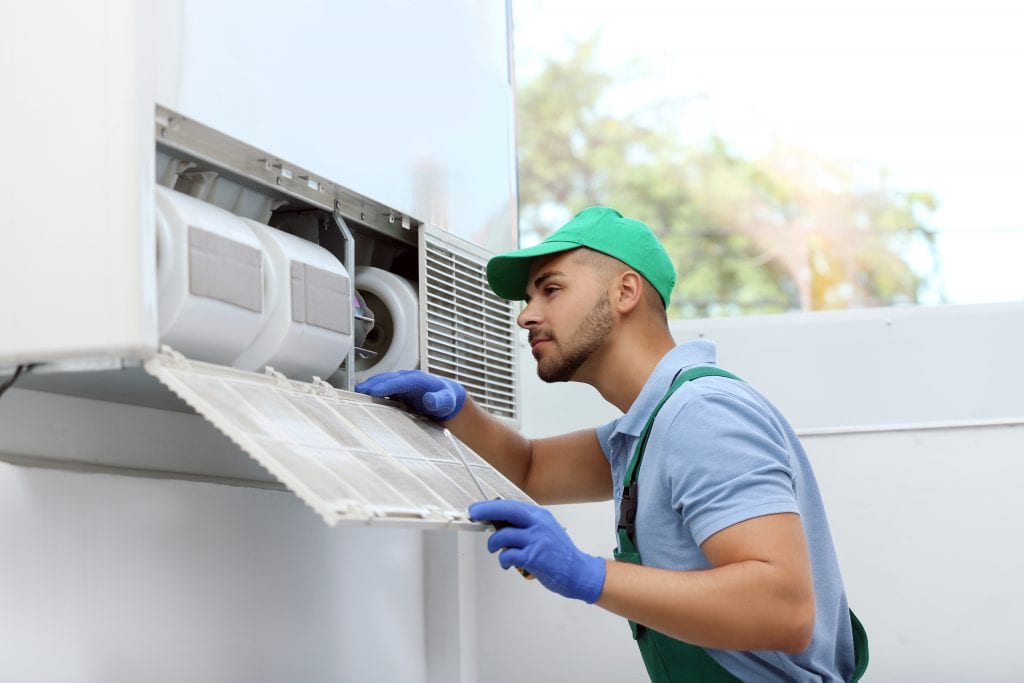Choosing the right air filter for your HVAC Heating, Ventilation, and Air Conditioning system is crucial for maintaining indoor air quality and maximizing the efficiency of your system. With various types and ratings available, selecting the best air filter can seem daunting, but understanding your options and needs can simplify the process. Firstly, consider the Minimum Efficiency Reporting Value MERV rating of the filter. MERV ratings range from 1 to 16, with higher numbers indicating better filtration capabilities. Filters with higher MERV ratings can trap smaller particles, including allergens and pollutants, but they can also restrict airflow if not compatible with your HVAC system. For most residential systems, a MERV rating between 8 and 13 strikes a balance between filtration efficiency and airflow. Next, assess the specific air quality concerns in your home. If household members suffer from allergies or respiratory issues, investing in a filter designed to capture allergens like pollen, pet dander, and dust mites can greatly improve indoor air quality. Look for filters labeled as HEPA High Efficiency Particulate Air or allergen-reducing to address these concerns effectively.

Consider the compatibility of the filter with your HVAC system. Some systems require specific sizes or types of filters to function optimally. Check the manufacturer’s recommendations or consult with an HVAC professional to ensure you choose a filter that fits properly and would not cause airflow restrictions or system damage. Comfort Techs HVAC Repair lifespan and maintenance requirements of different filter options. Disposable fiberglass filters are inexpensive but typically need to be replaced every 1-3 months. Washable or reusable filters may cost more upfront but can be cleaned and reused, providing long-term savings. However, it is essential to follow the manufacturer’s instructions for cleaning and maintenance to avoid mold or bacterial growth. Take into account your budget and long-term cost considerations. While higher MERV-rated filters offer better filtration, they often come with a higher price tag. Balancing initial cost with ongoing maintenance expenses can help you find the most cost-effective option for your needs.
Additionally, consider environmental impact when selecting an air filter. Some filters are made from recyclable materials or have eco-friendly certifications, making them a more sustainable choice for environmentally-conscious consumers. Lastly, factor in any special features or additional benefits offered by certain filters. Some filters come with antimicrobial coatings to inhibit the growth of mold and bacteria, while others may have activated carbon layers to reduce odors. Assessing these extra features can help you choose a filter that meets your specific requirements and enhances overall indoor comfort. In conclusion, selecting the best air filter for your HVAC system involves considering factors such as MERV rating, air quality concerns, compatibility, lifespan, budget, environmental impact, and special features. By weighing these factors and prioritizing your needs, you can make an informed decision that promotes better indoor air quality and prolongs the life of your HVAC system. If unsure, consulting with an HVAC professional can provide valuable guidance tailored to your specific situation.